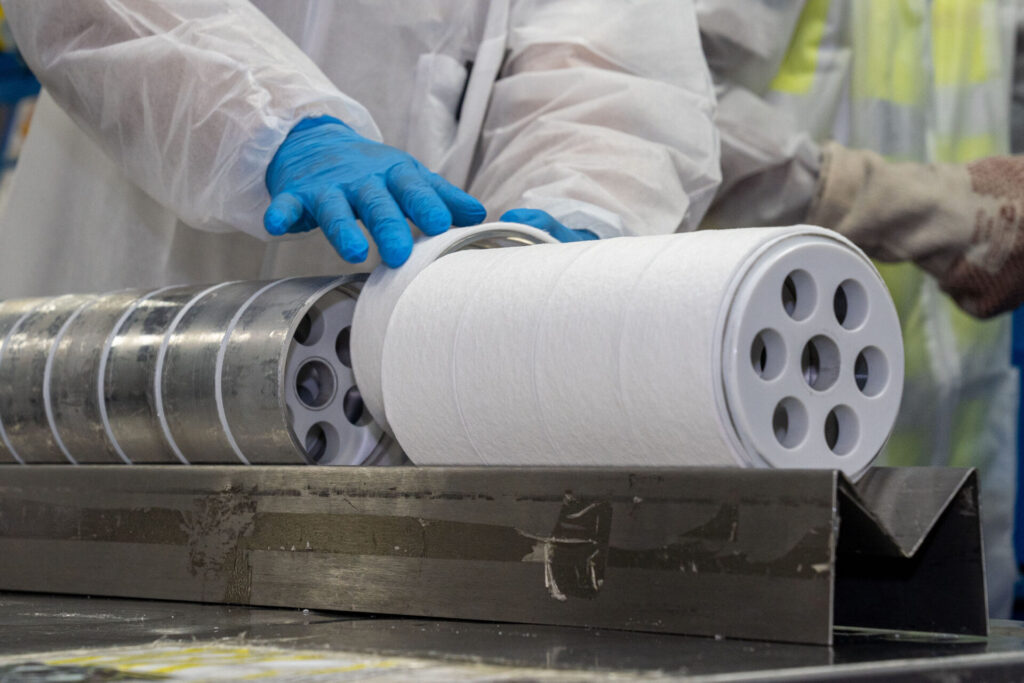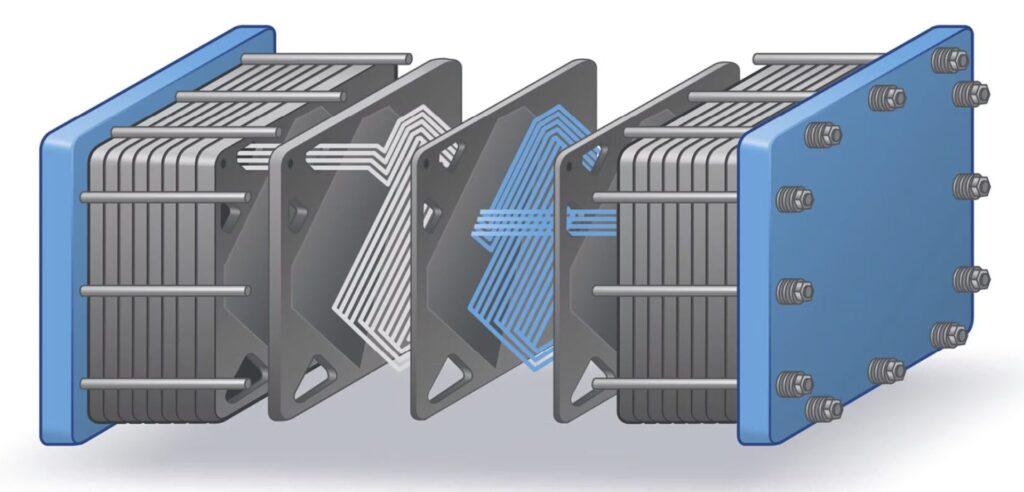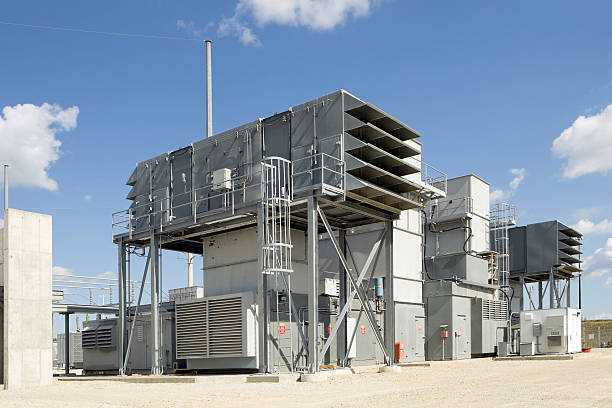Industrial filtration systems for fluids are essential for removing impurities, contaminants, and particles from various liquids in a variety of industries. These systems help to ensure that liquids used in industrial applications meet specific quality standards and are safe for use.
One of the key benefits of industrial filtration systems for fluids is their ability to improve product quality. By removing unwanted impurities and contaminants, these systems can help to ensure that the final product meets specific quality standards and is safe for use in various applications. This is particularly important in industries such as food and beverage production and pharmaceutical manufacturing, where product safety is of the utmost importance.
In addition, industrial filtration systems for fluids can help to reduce equipment downtime and maintenance costs. By removing contaminants and particles that can cause equipment damage and wear, these systems can help to extend the lifespan of equipment and reduce the need for costly repairs. This can be particularly important in industries such as oil and gas, where downtime and maintenance costs can be significant.
Overall, industrial filtration systems for fluids are an essential investment for any industry that relies on liquids for its operations. With their ability to improve product quality, reduce equipment downtime, and lower maintenance costs, these systems can provide significant benefits and help to ensure the safe and efficient operation of industrial processes.
There are several types of industrial fluid filtration systems, each with its own unique characteristics and benefits. One of the most common types is the cartridge filter system, which uses disposable filter cartridges to trap particles and impurities. These systems are often used in applications where frequent filter changes are required, such as in the food and beverage industry.
Another popular type of industrial fluid filtration system is the bag filter system, which uses a fabric bag to trap particles and contaminants. These systems are often used in applications where high flow rates are required, such as in the oil and gas industry.
Other types of industrial fluid filtration systems include sand filters, which use sand to remove impurities, and multimedia filters, which use a combination of different filter media to achieve a high level of filtration.
Industrial fluid filtration systems can also be classified based on the method used to drive the liquid through the filter media. One common method is gravity filtration, which uses the force of gravity to move the liquid through the filter media. Another method is pressure filtration, which uses pumps or other devices to force the liquid through the filter media at a high pressure.
Regardless of the type or method used, industrial fluid filtration systems are essential for ensuring the quality and safety of various liquids used in industrial applications. They help to remove unwanted impurities and contaminants, protect equipment from damage, and reduce maintenance costs.





























